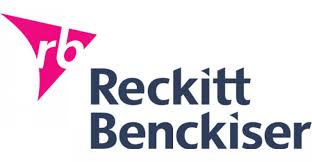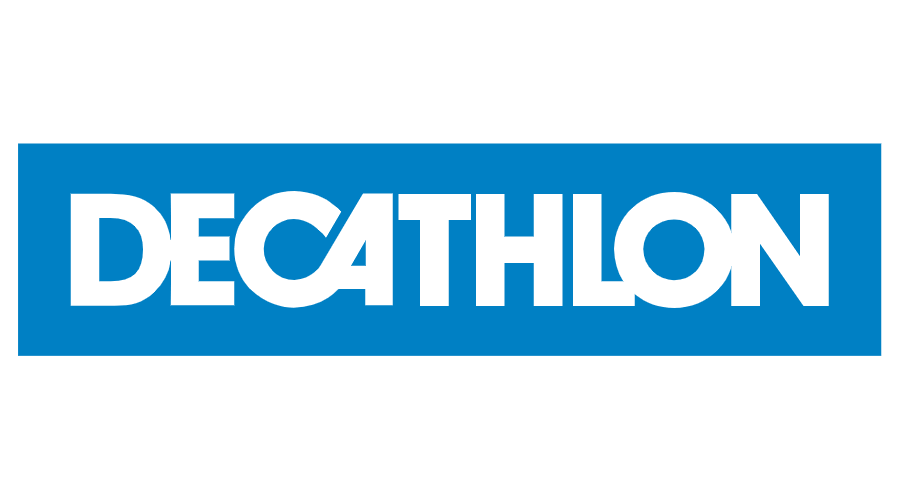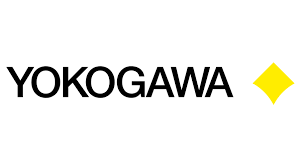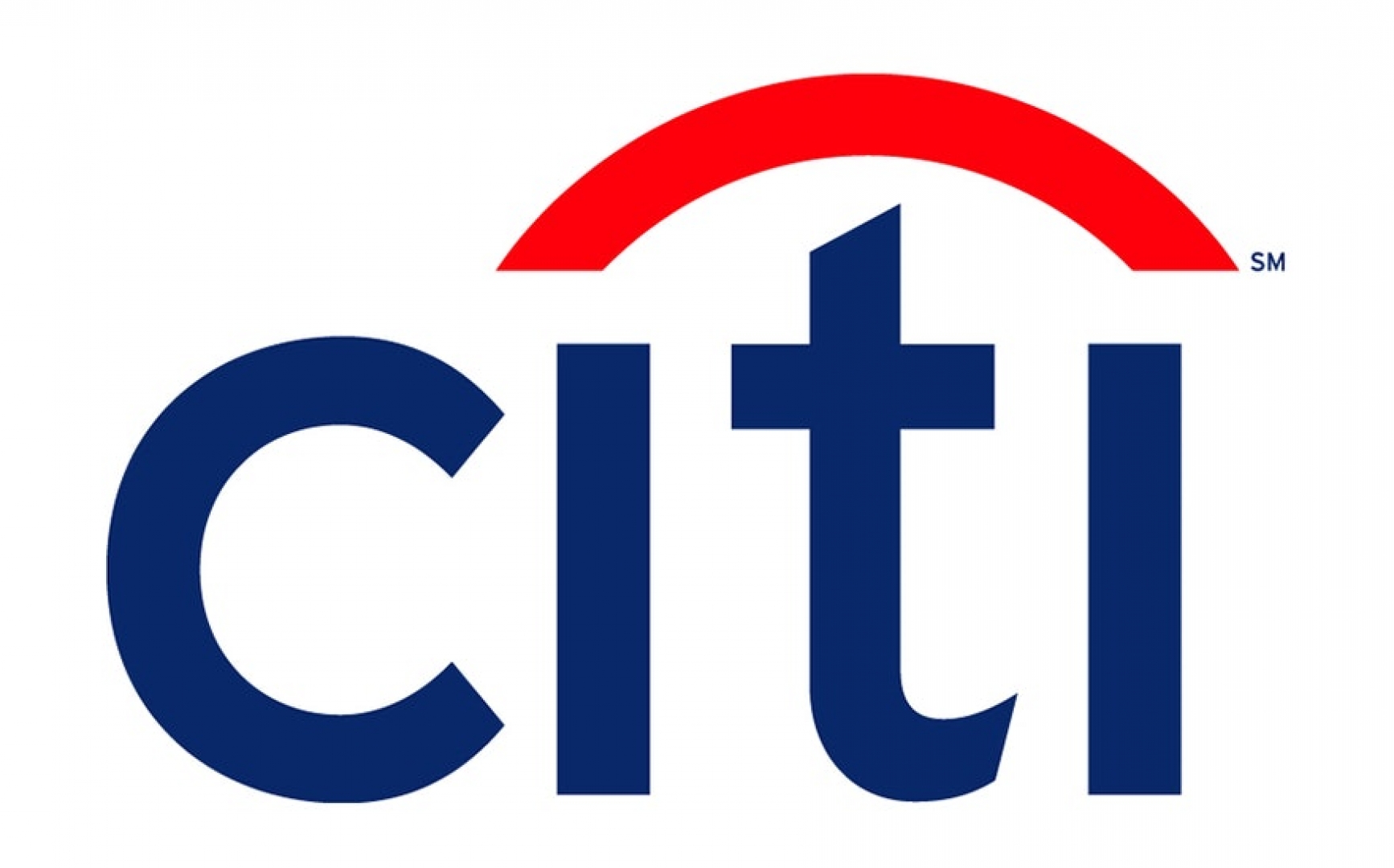How Old Is the CEO?
The most important interview question of 2026. Confirmed.
 Dorottya Nagy-Jozsa PCC
today
2026-02-12
label
ENG, english
Dorottya Nagy-Jozsa PCC
today
2026-02-12
label
ENG, english
Picked Up
How Old Is the CEO?
The most important interview question of 2026. Confirmed.
The Multitasking Renaissance
You know what's funny? We've spent the last decade trying to kill multitasking. Every productivity guru, every neuroscientist, every LinkedIn thought leader - they all told us the same thing: multitasking is dead. Focus is king. Deep work is the way.
Back-Sitting: The Silent Crisis No One's Talking About
Remember when everyone was talking about quiet quitting? Well, forget it. We've moved on to something way worse, only nobody's noticed yet. Plus it doesn't even have a name, but that's never stopped us before – at least we get to name it.
The FIRST you'll trust without a shame threshold
There's something no one talks about, yet it's the measuring stick for the depth of every human relationship: the shame threshold.
Nature vs Nurture:The Question We'll NEVER Have an Answer To
Thirty. That's it. That's how many years we've been arguing in our profession about whether leaders are born or made. And you know what? We're basically in the same place where we started. Except we've spent millions on leadership development programs that still make us cringe when we see our boss in the hallway.
WHAT ABOUT YOU?




Working with #nofilter.
We feel good when we are in a no-filter, straightforward, transparent environment. So, after 10-15 years of experience in multinational companies, SMEs, startups, regional businesses, we all decided 8 years ago to ditch our corporate coats and form a team of experts coming from the most diverse professions. We’ve been working together ever since to create great places for ourselves and our whole generation. What keeps us together is openness, dynamism and unvarnished honesty. If you have the same values, we’ll love working together. No matter if it is leadership, organisational or process development.
More about us arrow_forwardBOOK A FREE
CONSULTATION
BOOK NOW
Org Dev & AI
Who is Y2Y for?
Worked with us





























































